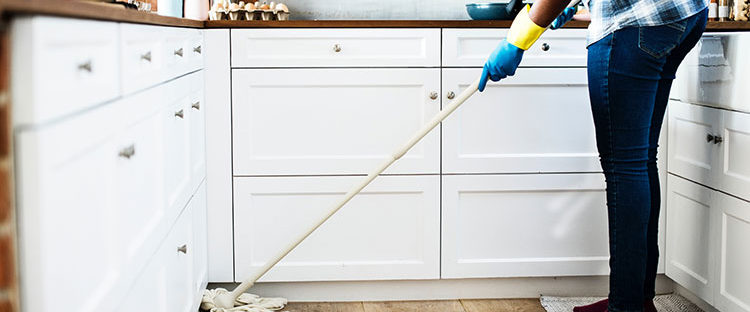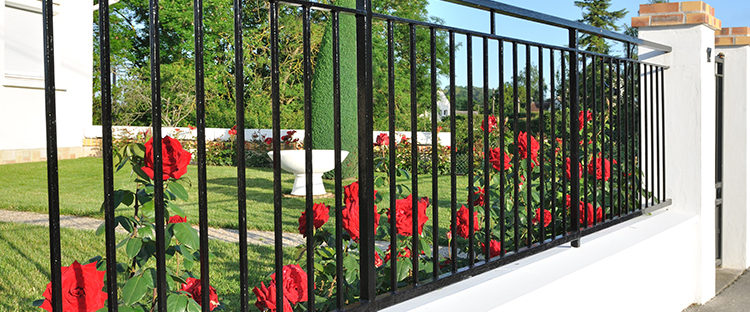If you have recently made the positive life choice to become sober, you might be surprised to learn how common relapses are. According to the National Institute on Drug Abuse, between 40-60% of people in recovery experience one or more relapses. Relapses happen often, but there are some things you can try to prevent them.
Why Is It So Common to Have a Relapse?
One of the reasons it is so common to experience a relapse after getting sober is that addictions are extremely powerful and tend to cause lasting changes to the brain. For this reason, it is vital to understand the common relapse triggers, so you can do your best to avoid them.
Common Triggers That Can Lead to a Relapse
There are many different triggers that can contribute to an addiction relapse. Keep in mind that since everyone is different, a significant trigger for one person might not have the same kind of effect on you. However, having a general awareness of the most common triggers can help you figure out the best way to manage them.
Some common triggers include:
- Stressful situations,
- Toxic relationships,
- Spending time with people still suffering from addiction,
- Going to places connected with your former substance abuse routine,
- Seeing a bottle of alcohol or item associated with your substance abuse.
Relapsing and Sober Living Homes
One of the best ways to help prevent a relapse is to live in a sober living community. Residents of sober living homes are required to stay sober. These communities provide residents with a structured environment that can help them stay on track and maintain their sobriety.
Tharros House is a sober living home for men located near Boston, Massachusetts. Call 617-249-1087 to learn more about what our sober living home can offer you.







